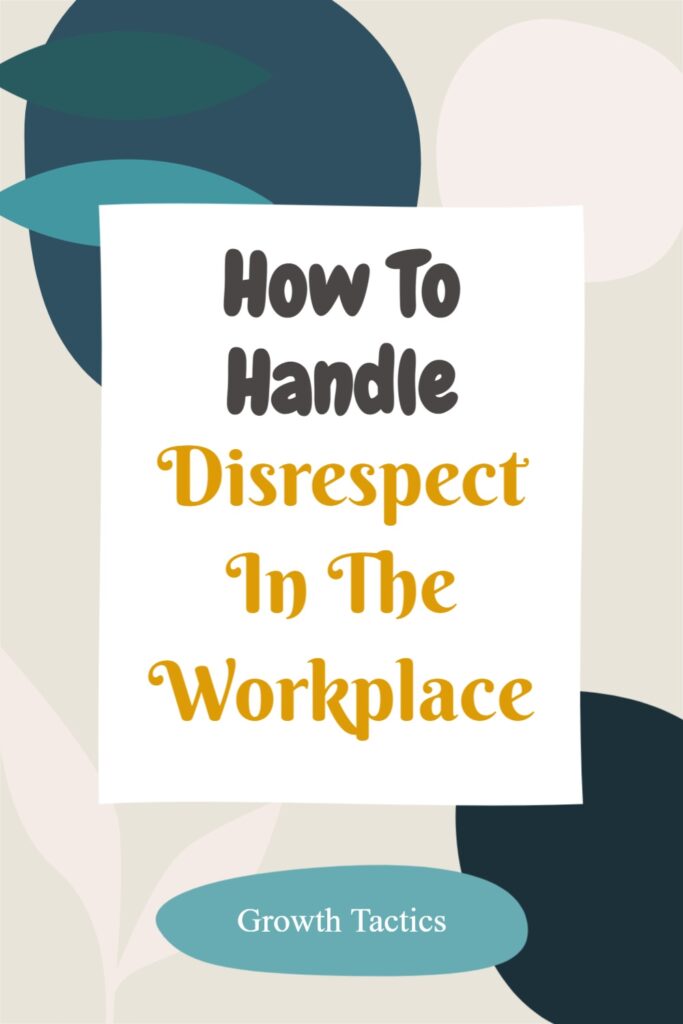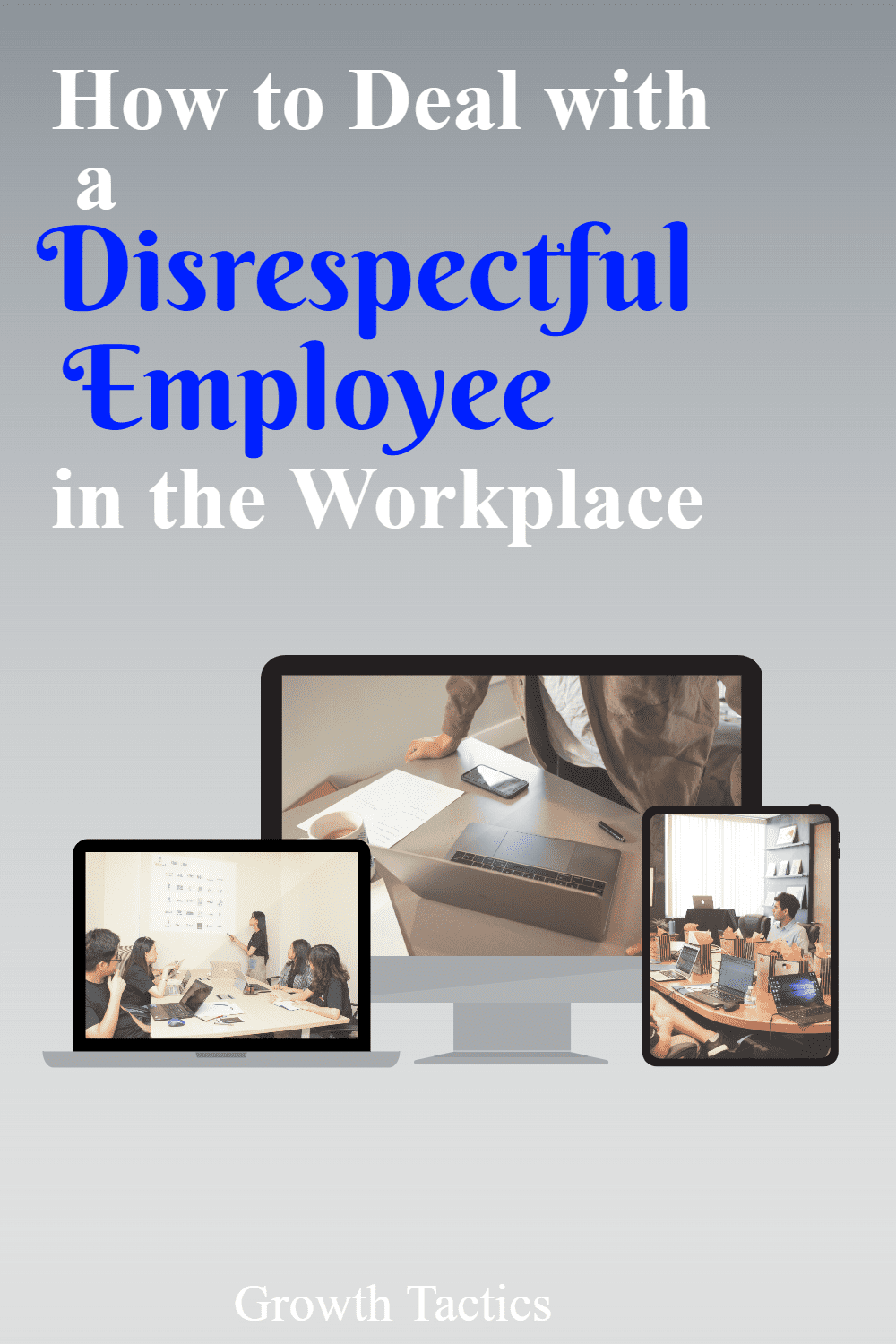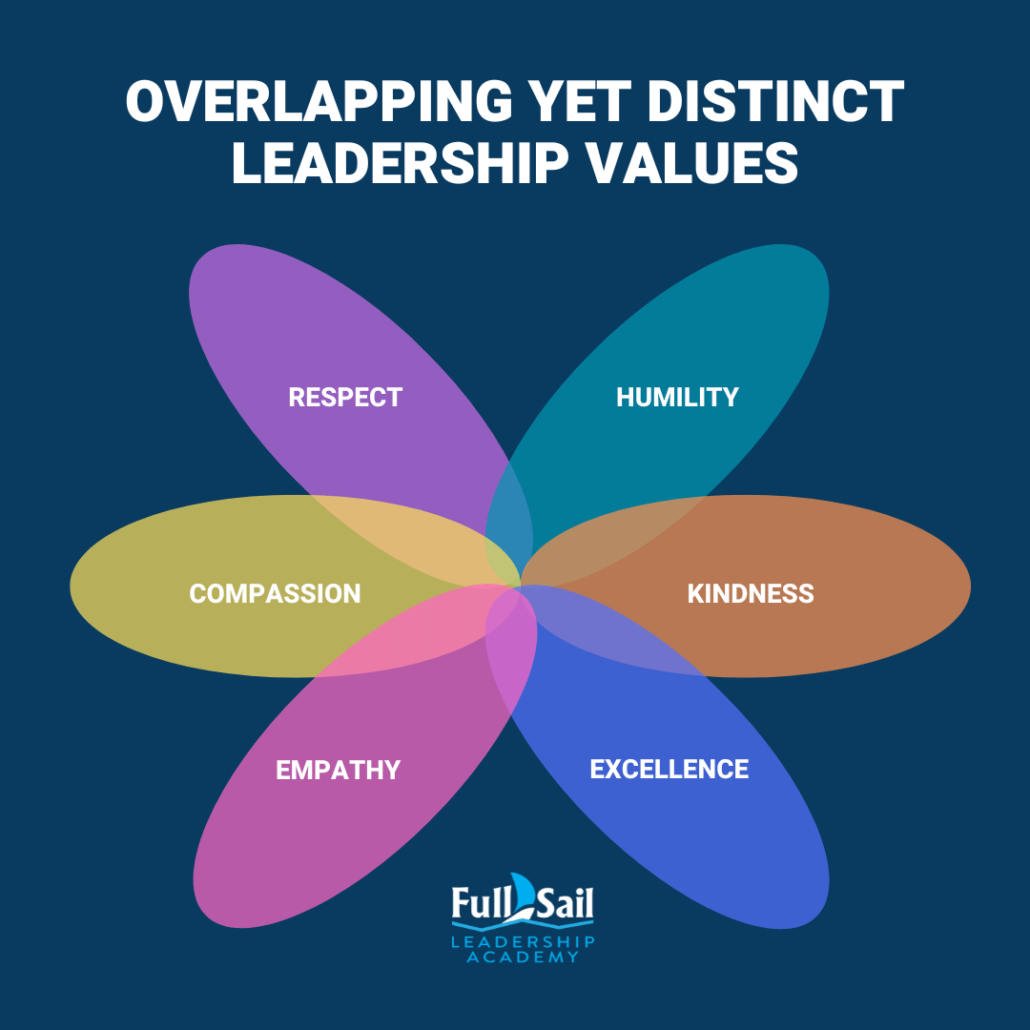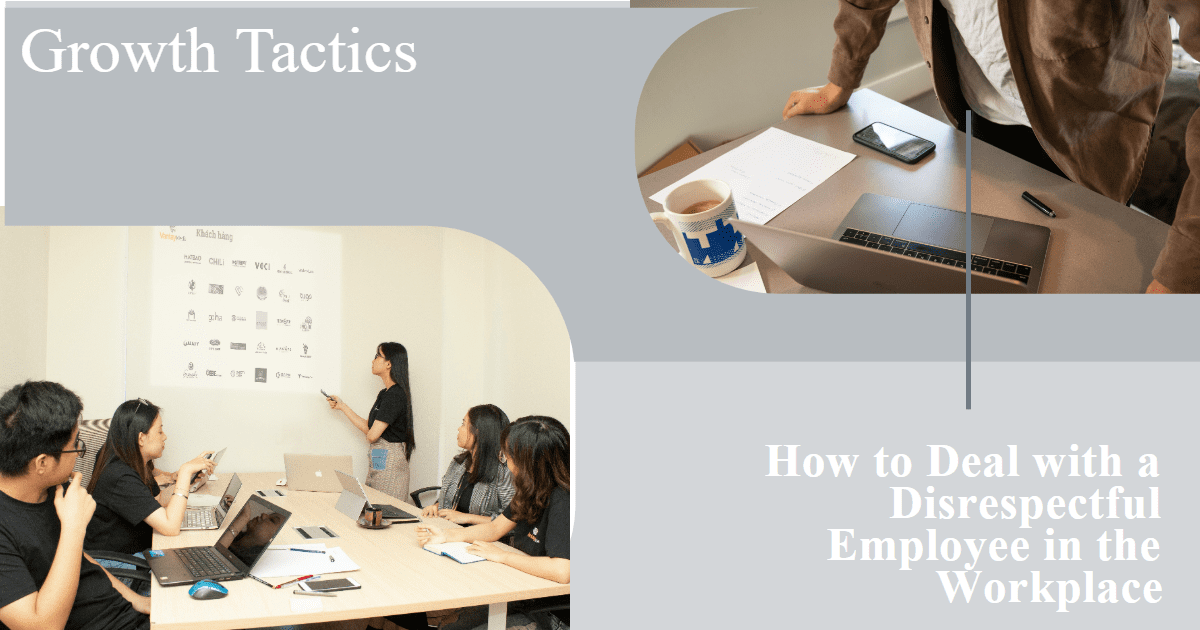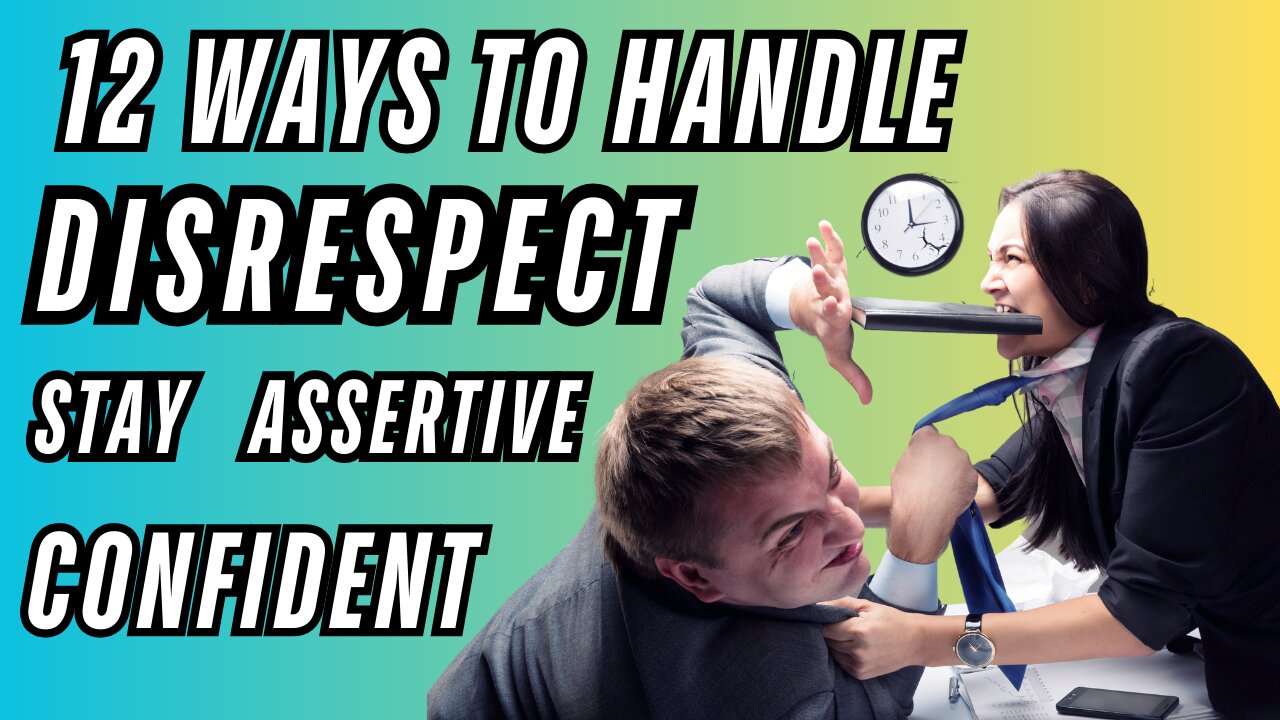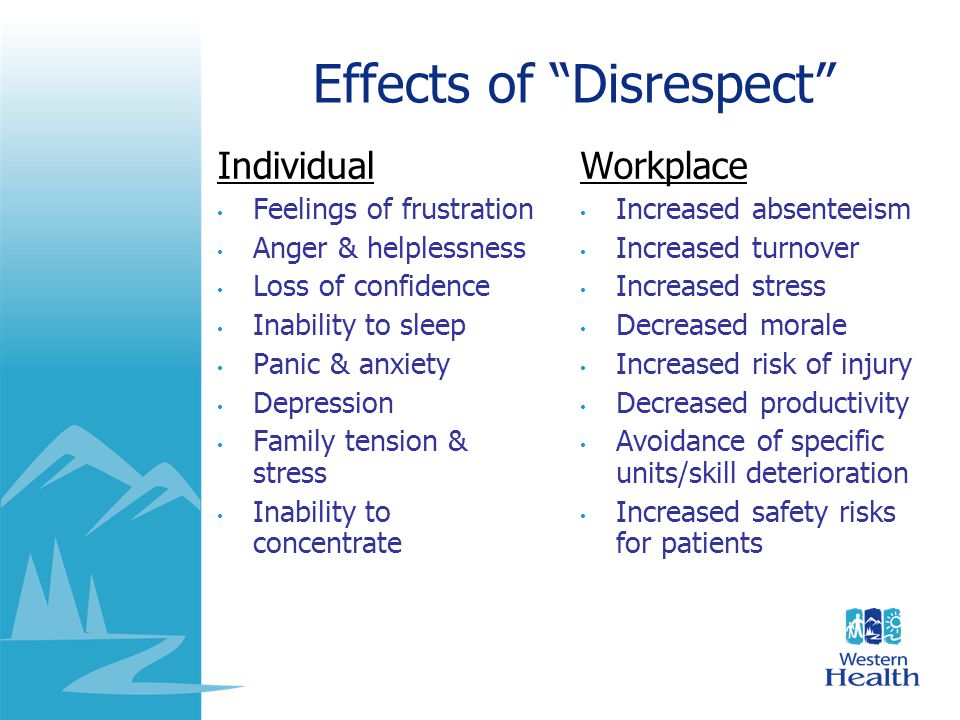How To Handle Disrespect In The Workplace
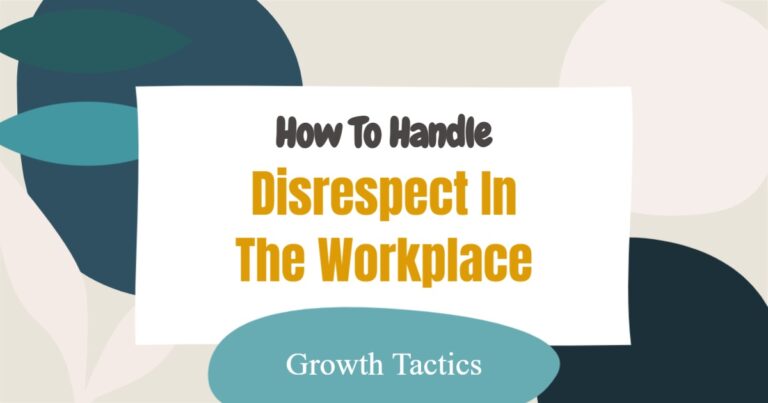
Disrespect in the workplace is a pervasive problem, impacting morale, productivity, and ultimately, a company's bottom line. Understanding how to address and manage these situations is crucial for creating a healthy and productive work environment.
Identifying Disrespectful Behavior
Disrespect can manifest in various forms, ranging from subtle microaggressions to blatant acts of harassment. These behaviors often create a hostile or uncomfortable environment for those targeted. Recognizing these behaviors is the first step in addressing them effectively.
Examples include belittling comments, exclusion from opportunities, public criticism, and dismissive attitudes. Ignoring someone's contributions or taking credit for their work also falls under this category.
Immediate Actions to Take
When confronted with disrespectful behavior, the initial response is crucial. Remaining calm and assertive is paramount.
Address the behavior directly but professionally. Use "I" statements to express how the behavior impacts you, for example, "I feel disrespected when I'm interrupted during meetings."
Document everything. Keep a detailed record of incidents, including dates, times, and witnesses. This documentation is essential if you need to escalate the issue further.
Escalating the Issue Through Formal Channels
If directly addressing the behavior doesn't resolve the issue, or if the behavior is severe, escalate it through your company's formal channels.
Consult your company's HR department or your direct supervisor. They can provide guidance on the appropriate steps to take, based on the severity and nature of the disrespect. Many companies have anti-harassment or code of conduct policies that outline the procedures for reporting and addressing such issues.
Be prepared to provide your documented evidence to support your claims. Confidentiality should be a priority during the investigation process.
The Role of Company Culture
A strong, positive company culture is the best defense against disrespectful behavior. Companies should proactively promote respect, inclusivity, and open communication.
Regular training on diversity, equity, and inclusion (DEI) can help employees understand different perspectives and prevent unconscious biases from influencing their behavior.
“Companies with inclusive cultures are six times more likely to be innovative,”per Deloitte’s research.
Leadership must set the tone by modeling respectful behavior and holding employees accountable for their actions. This includes promptly addressing any reported incidents and implementing corrective measures when necessary.
Supporting Colleagues
If you witness disrespectful behavior towards a colleague, offer your support. Bystander intervention can make a significant difference.
Speak up if you feel comfortable doing so, or offer to be a witness for the affected colleague. Providing emotional support can help them feel less isolated and more empowered to take action.
Report the incident to HR or management, even if the affected colleague is hesitant to do so themselves. Your intervention can help prevent further harm and reinforce a culture of respect.
Legal Considerations
In certain cases, disrespectful behavior can cross the line into illegal discrimination or harassment. This is particularly true if the behavior is based on protected characteristics such as race, gender, religion, or sexual orientation.
If you believe that you are experiencing illegal discrimination or harassment, seek legal advice. An attorney can help you understand your rights and options.
Filing a complaint with the Equal Employment Opportunity Commission (EEOC) may also be an option, depending on the circumstances. The EEOC investigates claims of discrimination and harassment in the workplace.
Moving Forward
Addressing disrespect in the workplace is an ongoing process. Companies and individuals must work together to create a culture of respect and accountability.
Continue to educate yourself on issues of diversity, equity, and inclusion. Promote open communication and be willing to challenge disrespectful behavior when you see it.
By taking proactive steps, we can create workplaces where everyone feels valued and respected. If disrespect continues despite these efforts, seek external resources and legal counsel to protect your rights and well-being.
